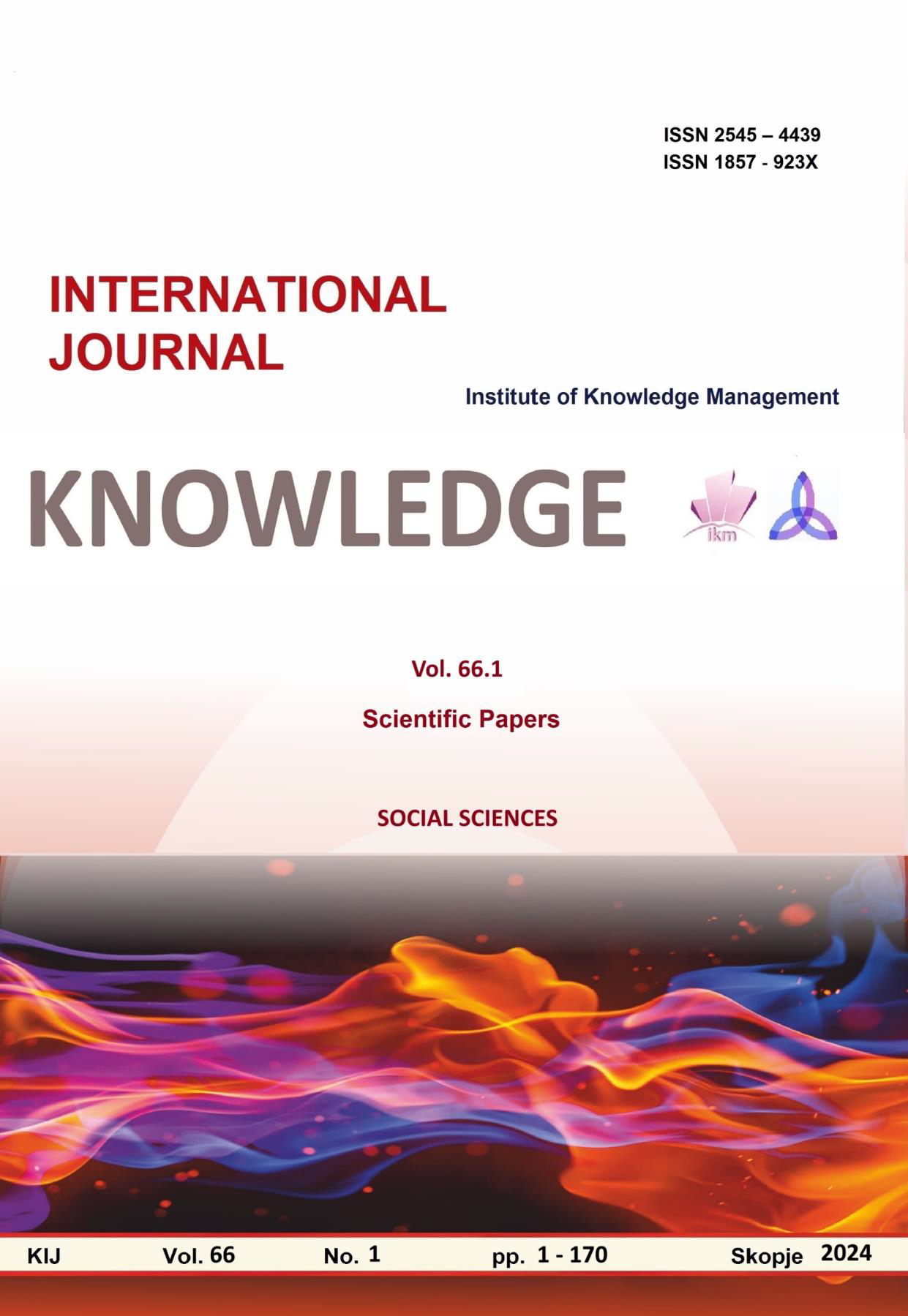PURCHASING PRACTICES FOR ORGANIC FOOD AMONG CONSUMERS IN THE REPUBLIC OF NORTH MACEDONIA
PURCHASING PRACTICES FOR ORGANIC FOOD AMONG CONSUMERS IN THE REPUBLIC OF NORTH MACEDONIA
Author(s): Oliver Mitevski, Aleksandar Blazheski, Angela MinovaSubject(s): Economy, Agriculture, Socio-Economic Research
Published by: Scientific Institute of Management and Knowledge
Keywords: Marketing;consumers;strategies;productivity
Summary/Abstract: Organic food production has been increased in the recent years globally, and especially in developed countries. Organic food production undergoes rigorous rules and tests and natural way of produce and is therefore considered more nutritious, more natural and more sustainable, both for the environment and for consumers, than conventional food. The food and beverage industry plays a crucial role in people's lives because people buy food and beverages every day. Global food demand will increase in the future. To meet this demand, it is not enough to increase productivity in a sustainable way, but it is also necessary to change from linear mass consumption to a circular economy - which means in particular to change our norms, habits and routines. Consumer awareness of ethical issues have become extremely important recently, and with it the knowledge and awareness of ethical products. Increasing consumer concern increases the demand for "environmental aspects" of products, as well as increasing understanding of the consequences that certain products have on the environment. Interest in organically produced products is growing around the world for the matters of already established agricultural practices, safety, health issues, animal wellbeing issues and environmental concerns. Organic food processing and production in North Macedonia is not yet developed enough in scale and variety to enable the implementation of sustainable trends and actions on the market, on top of that the national market circumstances are quite small. In fact, organic food and products market is not sufficient for stimulation of production, and the development of the market is draw back by the lack of quantity and quality. Demands in the country are concentrated in larger cities and the supply chains that already exist are oriented towards export. Organic food share in the market in North Macedonia is small and is rarely mentioned in the statistical data published at the global and regional level, and is close or similar to neighbouring countries. The findings of this research will help marketers design better strategies for organic food producers to achieve greater success in the expanding and competitive organic product market and above all to inform consumers about the positive aspects of organic food consumption.
Journal: Knowledge - International Journal
- Issue Year: 66/2024
- Issue No: 1
- Page Range: 155-158
- Page Count: 4
- Language: English

